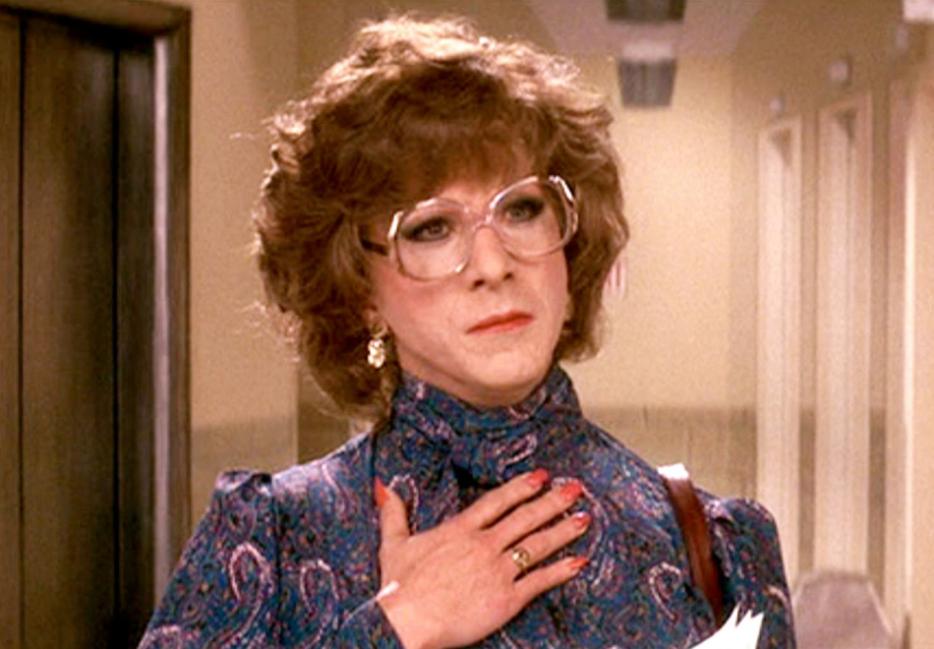“What turns you on?” is perhaps a question replaced by a better and more accurate one: what are your symptoms? It’s only then, phrased in the terms of the analyst, that gingerly responses—like “I’m partial to a bit of kink”—become something more truthful, like “I want someone to humiliate me while I get fucked.” Intercourse is not simply the pursuit of pleasure; it is where we play out the psycho-sexual complexities of the self.
But confronting that honesty in ourselves and in others can be discomfiting and difficult. I think, perhaps, that’s what was on the mind of Jillian Horowitz, whose article on being a “sex-negative feminist“—i.e., one who is carefully opposed to the rhetoric of sex-positive feminism—started quite a stir. In it, Horowitz argues that “the way you fuck is not ‘private,’ apolitical, or outside the realm of critique,” but that sex, like all other aspects of society, should be subject to political and social criticism.
I don’t know if the article quite did what it set out to, partly because it seems to misrepresent sex-positive feminism as somehow resistant to a variety of sexual choices, including abstention or disinterest, or that it refuses to deal with the fact that, say, BDSM can at least appear to replicate the patterns of sexism. Neither criticism seems especially accurate. As for a proper rebuttal, however, for no end of reasons it’s obviously best left to a woman, as I’m neither qualified nor oblivious enough to say what feminism should or should not be.
As a straight male, though, Horowitz’s argument did make me think of the video of Dustin Hoffman talking about women and beauty that careened around the web recently. In the clip, Hoffman relates that in the process of preparing for Tootsie, in which the actor famously plays a man in disguise as a woman, he expected to appear more beautiful as a woman. When it became obvious that simply couldn’t be, beyond being disappointed, Hoffman was crushed to remember how he himself had dismissed many fascinating, interesting women in his life because they didn’t adhere to certain standards of beauty.
There’s much to say about the video, most of which was by the brilliant Autumn Whitefield-Madrano, who pointed out, among other things, that the video as a social phenomenon was functioning as validation for women, and maybe not as the inversion of patriarchy it initially appeared it might be. Horowitz’s argument brought Hoffman to mind because, in one sense anyway, he is coming to grips with the fact that his desire and his newfound politics didn’t match up. There is a set of abstract beliefs you aspire to and there is who and how you find yourself wanting to fuck—and it’s at least possible that never the twain shall meet.
Given that Hoffman’s previous views aren’t exactly the sort we’d want to endorse, what then is one to do with the gap between desiring and thinking different things? I think that disparity isn’t as ripe for political critique as Horowitz claims, at least at the level of the individual. Strangely, what Heidegger said about our relationship to technology also applies to sex: analysis of how we are situated in our position always comes too late. The seeds that go on to bear kinky fruit are planted long before politics enter the mind, or are planted in an area of the psyche utterly immune to the wagging finger of the superego.
Still, I’m a straight man who at least tries hard to not only be a feminist, but as a South Asian male, one who tries to live out something like anti-racism, too—and if someone could tell that to my dick, that’d be great. Try as I might, I just can’t seem to shake my affinity for conventionally pretty women, many of whom are often fair-skinned, and it’s an aspect of myself I often hate. Is that guilt and self-reproach enough? Clearly not. It’s absurd to decry racism or the repressive policing of women’s bodies, but then find oneself going a bit weak in the knees every time Alison Brie flits across a screen. As for changing it, I wouldn’t even know how to start. Hypnosis? A Clockwork Orange-style rehabilitation? What do you do when your unconscious is drawn to traits your conscious mind thinks you shouldn’t be—and worse, characteristics that you know contribute to the systems you oppose? I honestly don’t know.
Sexual desire is a symptom, we say, and it’s true. The argument is: don’t repress your sexuality, combat the awful facets of the world that produced your kink—or, in my case, an utterly banal, sexist non-kink. But why does that feel so hopeless? It seems to condemn us to guiltiness, to be forever lost in the miserable regret and tension between the cold, clear light of politics and the enveloping and temporary warmth of sex. But maybe that’s why sex positivity is so vital: it lays claim to a fundamentally human experience, without condoning the circumstances and forces that produced it. That in and of itself doesn’t absolve men-children like me for continuing to lust after the Blake Livelys and Anushka Sharmas of the world—but it does respond to it humanly: with a bit of understanding, an unequivocal demand to do better, and no small amount of empathy.






